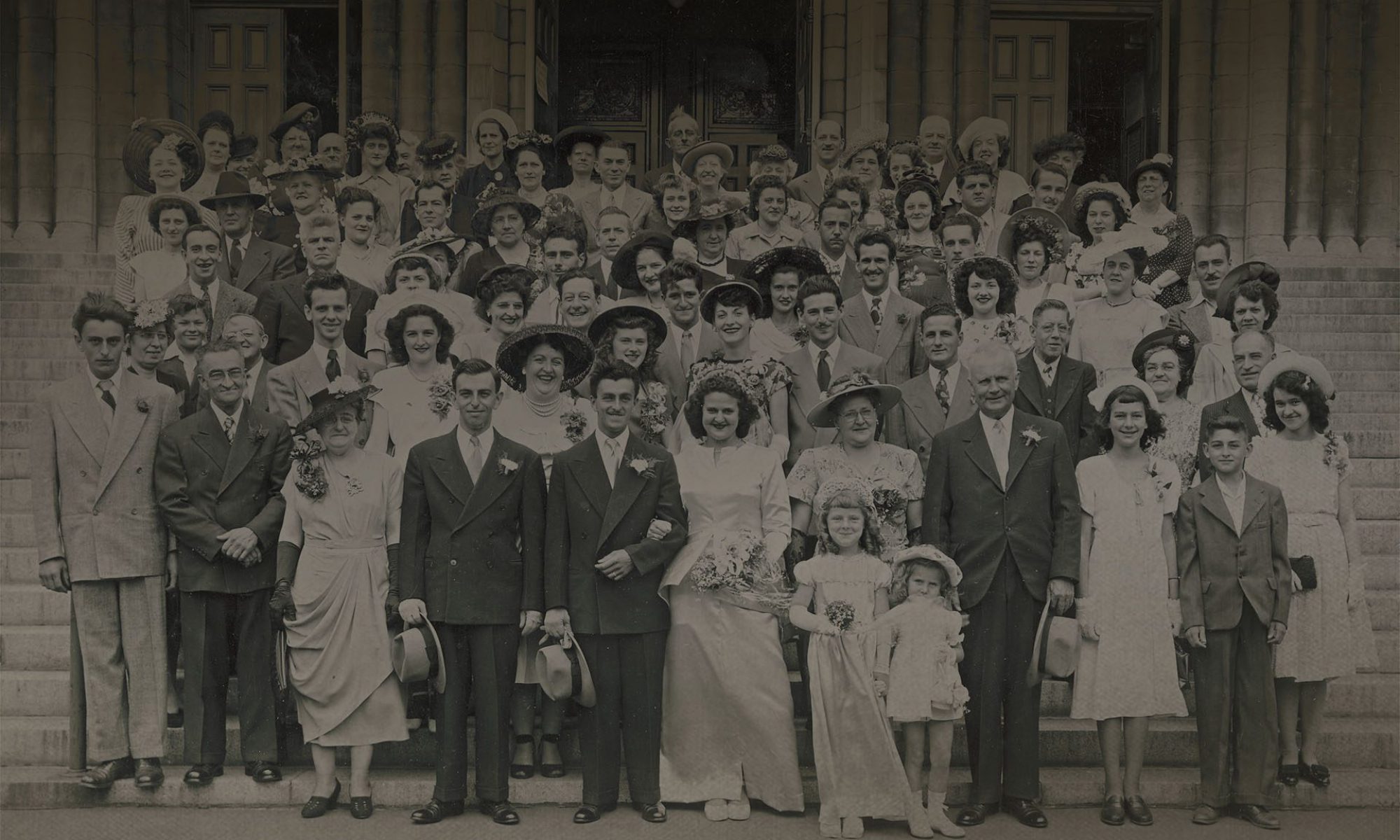This post is also available in: Français
The Québec government doesn’t recognize the occupation of genealogist as a profession, so genealogy isn’t taught there. However, when you’re driven by true passion, you have only a single desire: to make it your profession. If there aren’t any genealogy studies in Québec, how do you become a professional genealogy researcher?
Courses at French universities
Most genealogists in France are trained as historians or lawyers, but recently, several programs dedicated to genealogy have been created in France, including:
- The University degree Généalogie et histoire des familles, given at the University of Nîmes either in person or remotely. It consists in a complete training in genealogy.
- The University degree Histoire et généalogie familiale, offered only remotely by the University of Le Mans. Similar to the University of Nîmes’ Généalogie et histoire des familles degree, it aims to teach general skills in family genealogy (as opposed to probate genealogy).
- The University degree Approfondissement en généalogie, offered remotely by the University of Nîmes. This degree is open to graduates of the two above-named university diplomas and to individuals who can demonstrate a solid experience in genealogy.
- The University degree Installation du généalogiste professionnel, offered in person at the University of Nîmes. This week-long course trains aspiring professional genealogists in the management of a genealogy business, in particular through law, accounting and marketing classes.
Workshops in Québec devoted to genealogy
Several Québec organizations, such as the Société de Généalogie de Québec (SGQ) and the Société Généalogique Canadienne-Française (SGCF), offer workshops and courses in genealogy, including:
- Basic workshops: the different basic genealogy research tools are presented.
- Intermediate workshops: in these courses, you learn about the sources of information and the various documents that make it possible to perform more in-depth research.
- Specialized workshops: these workshops focus more specifically on the development of skills, especially paleography.
Recognition of acquired skills
Since there’s no genealogist training, properly speaking, in Québec, genealogy researchers in Québec don’t have a diploma, but can nevertheless validate their achievements. This skills recognition helps give the people looking for a specialist in lineage research or family history a guarantee of reliability. These accreditations can be obtained from the Federation of Genealogical Societies, which organizes an exam and, for several years, has issued certificates of competence. These are divided into three categories:
- Certified filiation genealogist (généalogiste de filiation agréé [GFA]): The candidate must provide a portfolio describing their training and experience in genealogy as well as the reason for their application. They must demonstrate that they’re capable of processing genealogical data, finding deeds or marriage contracts, identifying and using research tools, and writing fluently in French or English.
- Certified genealogy researcher (généalogiste recherchiste agréé [GRA]): The candidate must already hold the title of certified filiation genealogist (GFA) or submit both applications simultaneously and provide the portfolio. They are tested on their ability to create the work plan for a research project, to write a genealogical text for publication purposes, to organize their digital and paper archives, to organize the information collected in the form of a table, to identify and use their own research tools, to recognize the information in handwritten documents, and to solve complex problems.
- Certified master genealogist (maître généalogiste agréé [MGA]): The candidate must hold the title of certified filiation genealogist (GFA) and certified genealogy researcher (GRA) or submit the two or three applications simultaneously and provide the portfolio. During the exam, the candidate is tested on their abilities to give and develop training activities; to write and deliver lectures on topics related to genealogy; to write, publish, and disseminate genealogical works and research instruments alone or in collaboration; and to transcribe word-for-word handwritten documents written in Old French.
While there’s no genealogical training in Québec, it’s possible to attend workshops there and practice to build your experience or take courses at universities. You can then enroll in a Federation-affiliated genealogical society and take exams to obtain a certificate of competence: this is issued for an unlimited duration and allows the genealogist to bear the title of certified filiation genealogist (GFA), certified genealogy researcher (GRA), or certified master genealogist (MGA).


